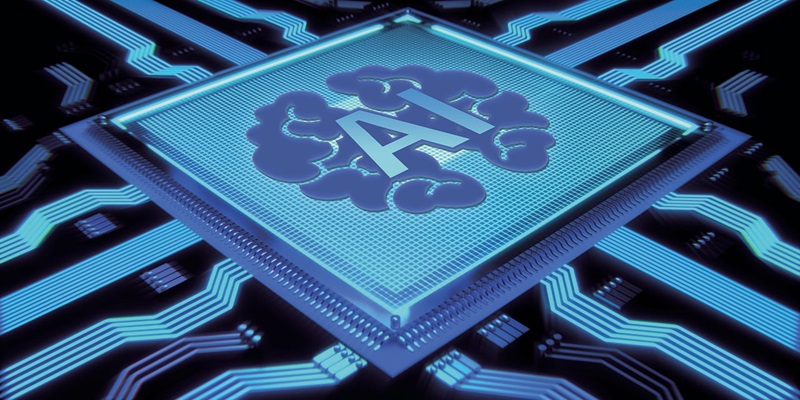The fusion of AI and the internet holds the promise of a digital world that is more efficient, responsive, and connected than ever before. AI-driven technologies have the potential to revolutionize how the internet functions and empower it with enhanced intelligence. In this article, we will explore the exciting possibilities that AI brings to the internet of the future and examine the challenges that arise as well.
AI-driven technologies enhance Internet intelligence
AI-driven technologies will enable the Internet to understand, adapt, and respond to user needs more intelligently. By analyzing vast amounts of data and leveraging machine learning algorithms, the Internet can gather insights into user behavior, preferences, and patterns. This enhanced intelligence will enable more personalized experiences as the Internet tailors content and services to individual users.
Personalization on a new level
With AI algorithms analyzing user behavior, personalization will be taken to new heights. The internet of the future will be able to provide highly tailored content and services, whether it’s suggesting relevant articles, recommending products, or curating personalized playlists. By understanding user preferences, AI can anticipate needs and enhance user experiences, ultimately improving customer satisfaction and engagement.
Unprecedented efficiency and automation in the Internet of the future
The Internet of the future will be characterized by unprecedented efficiency and automation. AI-driven systems will optimize everything from supply chains to energy grids. Smart algorithms can analyze real-time data to streamline logistics, minimize waste, and reduce costs. Additionally, AI can improve energy efficiency by dynamically managing energy consumption and optimizing renewable energy generation. This level of automation will contribute to a more sustainable and resource-efficient future.
Revolutionizing healthcare through AI integration
One of the most significant impacts of AI on the Internet of the future will be in the healthcare industry. The integration of AI into healthcare systems will lead to more accurate diagnostics, drug discovery, and treatment plans. AI algorithms can analyze medical records, genetic data, and clinical literature to assist doctors in making more informed decisions. Additionally, machine learning can identify patterns and predict outcomes, aiding in the early detection and prevention of diseases.
AI-driven telemedicine and wearable devices
AI-driven telemedicine and wearable devices will enable real-time monitoring of patients, improving the quality of care and reducing healthcare costs. Telemedicine platforms equipped with AI algorithms will enable remote consultations and diagnosis, providing access to healthcare professionals regardless of location. Wearable devices powered by AI can continuously monitor vital signs, detect abnormalities, and alert medical professionals in case of emergencies. This integration of AI in healthcare will transform the way we receive and deliver medical care.
Challenges of AI in the future Internet
While the promise of AI in the future internet is immense, it also brings forth significant challenges, especially concerning data privacy. The collection and analysis of vast amounts of personal data raises concerns about the misuse and unauthorized access to sensitive information. As AI becomes more intertwined with our online activities, it is crucial to establish robust data protection measures and ensure transparency in data usage.
Ethical considerations
As AI’s role in the future Internet expands, it is crucial to address ethical considerations. The development and deployment of AI should align with ethical standards, promoting fairness, accountability, and transparency. Efforts must be made to avoid biases in AI algorithms, ensure the responsible use of AI technology, and protect individuals’ rights and freedoms. Additionally, the ethical implications of AI in areas such as autonomous vehicles and decision-making systems should be carefully considered and regulated.
International collaboration
The development and deployment of AI in the future internet will necessitate international collaboration. As AI technologies transcend borders, it is essential for governments, researchers, and industry leaders to come together and establish common frameworks and standards. International cooperation will foster innovation, address common challenges, and ensure that AI benefits all societies.
The fusion of AI and the Internet promises a future that is more intelligent, efficient, and connected. By leveraging AI-driven technologies, the Internet can understand, adapt, and respond to user needs in ways never seen before. The integration of AI in healthcare will revolutionize diagnostics and treatment, improving patient outcomes. However, as we embrace AI, we must address challenges such as data privacy and ethical considerations to ensure responsible and fair deployment. International collaboration will be instrumental in navigating these challenges and unlocking the full potential of AI in the Internet of the future, ultimately creating a better world for all.

